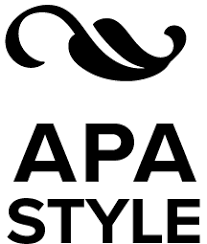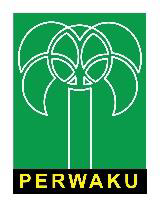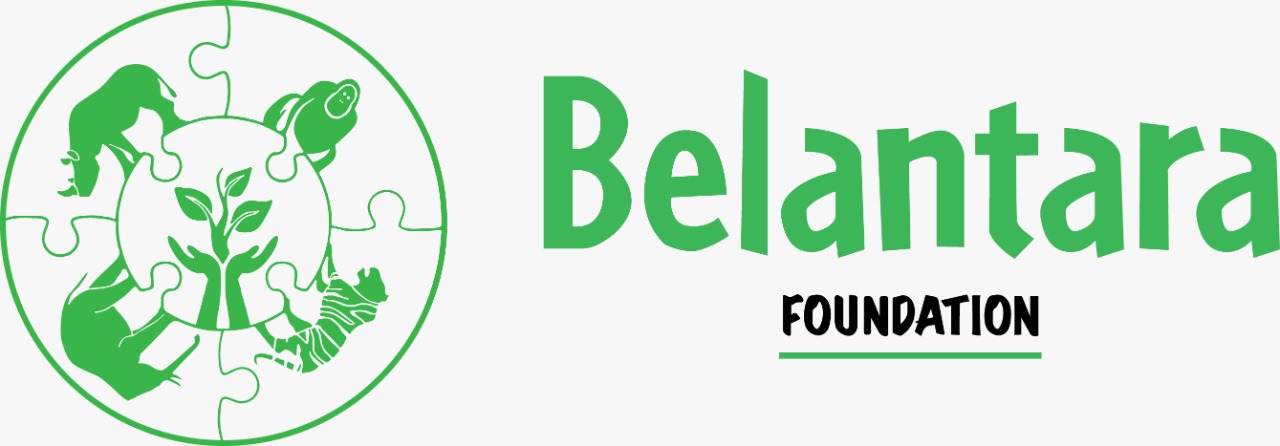Journal Policy
License and Copyright
Please find the rights and licenses in Indonesia Journal of Applied Environmental Studies (InJAST). By submitting the article/manuscript of the article, the author(s) agree with this policy. No specific document sign-off is required.
1. License
The non-commercial use of the article will be governed by the Creative Commons Attribution license as currently displayed on Creative Commons Attribution-NonCommercial-ShareAlike 4.0 International License.
2. Author(s)' Warranties
The author warrants that the article is original, written by stated author(s), has not been published before, contains no unlawful statements, does not infringe the rights of others, is subject to copyright that is vested exclusively in the author and free of any third party rights, and that any necessary written permissions to quote from other sources have been obtained by the author(s).
3. User Rights
InJAST is to disseminate/published articles are as free as possible. Under the Creative Commons license, InJAST permits users to copy, distribute, display, and perform the work for non-commercial purposes only. Users will also need to attribute authors and InJAST on distributing works in the journal and other media of publications.
4. Rights of Authors
Authors retain all their rights to the published works, such as (but not limited to) the following rights;
- Copyright and other proprietary rights relating to the article, such as patent rights,
- The right to use the substance of the article in own future works, including lectures and books,
- The right to reproduce the article for own purposes,
- The right to self-archive the article,
- The right to enter into separate, additional contractual arrangements for the non-exclusive distribution of the article's published version (e.g., post it to an institutional repository or publish it in a book), with an acknowledgment of its initial publication in this journal (Indonesia Journal of Applied Environmental Studies).
5. Co-Authorship
If the article was jointly prepared by more than one author, any authors submitting the manuscript warrants that he/she has been authorized by all co-authors to be agreed on this copyright and license notice (agreement) on their behalf, and agrees to inform his/her co-authors of the terms of this policy. InJAST will not be held liable for anything that may arise due to the author(s) internal dispute. InJAST will only communicate with the corresponding author.
6. Royalties
Being an open accessed journal and disseminating articles for free under the Creative Commons license term mentioned, author(s) aware that InJAST entitles the author(s) to no royalties or other fees.
Peer review process
Publication of articles in Indonesian Journal of Applied Environmental Studies (InJAST) is dependent solely on scientific validity and coherence as judged by our editors and/or peer reviewers, who will also assess whether the writing is comprehensible and whether the work represents a useful contribution to the field. InJAST acknowledged the effort and suggestions made by its reviewers.
Initial evaluation of manuscripts
The Editor will first evaluate all manuscripts submitted. Although rare, yet it is entirely feasible for an exceptional manuscript to be accepted at this stage. Those rejected at this stage are insufficiently original, have serious scientific flaws, or are outside the aims and scope of the InJAST . Those that meet the minimum criteria are passed on to experts for review.
Type of peer review
Submitted manuscripts will generally be reviewed by two experts or more who will be asked to evaluate whether the manuscript is scientifically sound and coherent, whether it duplicates the already published works, and whether or not the manuscript is sufficiently clear for publication. The method used is a blind peer review.
Review reports
Reviewers are asked to evaluate whether the manuscript:
- Is original by stating the objectives and gap clearly
- Is methodologically sound
- Follows appropriate ethical guidelines
- Has results/findings which are clearly presented and support the conclusions
- Correctly references previous relevant work
- Reviewers are not expected to correct or copyedit manuscripts. Language correction is not part of the peer review process.
Decision
Reviewers advise the editor, who is responsible for the final decision to accept or reject the article. The Editors will reach a decision based on these reports and, where necessary, they will consult with members of the Editorial Board. Editor’s decision is final.
Becoming a Reviewer
If you are not currently a reviewer for InJAST but would like to be added to the list of reviewers, please contact us. The benefits of reviewing for InJAST include the opportunity to see and evaluate the latest work in a related research area at an early stage, and to be acknowledged in our list of reviewers. You may also be able to cite your work for InJAST as part of your professional development requirements. InJAST's reviewers are volunteers who contribute their expertise to the science, thus no financial payments are made.
Open Access Statement
This journal provides immediate open access to its content on the principle that making research freely available to the public supports a greater global exchange of knowledge.
Benefits of open access for the author, include:
- Free access for all users worldwide
- Authors retain copyright to their work
- Increased visibility and readership
- Rapid publication
- No spatial constraints
Works/articles in this journal as are bound to Creative Commons Attribution-NonCommercial-ShareAlike 4.0 International License.
Fee
No fees incurred for article processing, submission, reviewing, neither publishing the articles.
The aim of the Journal is to promote applied environmental research and management in Indonesia at no cost to authors, no subscription or membership cost, and no hidden cost, on a regular basis without compromising on ethics, standards and pre-requisites of scientific publications.
Plagiarism policy
Plagiarism screening will be conducted by the editors of Indonesia Journal of Applied Environmental Studies (InJAST) using similarity software (Turnitin). Article manuscripts must obtain a similarity index of less than 30%. We will return the manuscripts to authors should the similarity index is more than 30%. Authors may rewrite the manuscripts to meet our requirement in this regard and resubmit the rewritten manuscripts. The resubmitted manuscripts will go into the new screening process, and if for any reasons the similarity index is still above 30%, the editors will reject the manuscripts.













